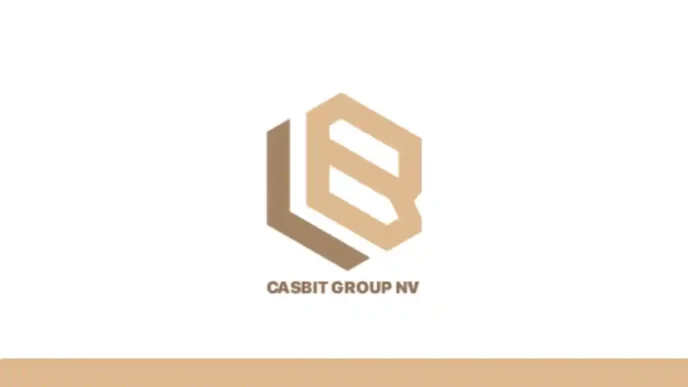Cordish Companies, a major name in the gaming and hospitality industry, has found itself at the epicenter of a contentious debate over online gambling in Louisiana. The company’s dual stance—lobbying against online gambling expansion while indicating a willingness to participate if legislation is passed—has drawn scrutiny from lawmakers, competitors, and industry observers. This apparent contradiction underscores the complexity of the modern gaming industry and raises questions about Cordish’s intentions.
Cordish’s opposition to online gambling in Louisiana centers on the argument that digital casinos could divert critical revenue streams from traditional brick-and-mortar establishments, potentially threatening jobs and state tax income. The company posits that allowing online casinos would cannibalize land-based revenue, destabilizing the gaming ecosystem and eroding the economic benefits generated by physical casino operations.
However, critics have challenged the authenticity of Cordish’s concern for Louisiana’s economy, suggesting its opposition is more about limiting competition than protecting public interests. The company’s existing online casino operations in Pennsylvania suggest a readiness to engage with the online gambling sector under the right conditions. This contradiction has led many to interpret Cordish’s Louisiana lobbying efforts as a strategy to maintain its dominance in the state’s brick-and-mortar casino market while positioning itself to benefit from future digital opportunities.
Cordish’s actions in Louisiana mirror its approach in Maryland, where it previously opposed online casino legislation but signaled its intent to participate should regulations change. The strategy appears to reflect a balancing act—voicing opposition to slow market development while ensuring readiness to capitalize on new revenue streams.
The duality of Cordish’s stance reveals broader tensions within the gaming industry, as operators grapple with the rapid shift toward digital platforms. For proponents, online gambling represents a lucrative frontier that could increase state revenue, create jobs, and meet the growing demand for convenience among players. For detractors, however, the potential downsides include decreased economic activity at physical venues, increased risks of problem gambling, and diminished local employment opportunities.
As Louisiana lawmakers continue to deliberate on the future of online gambling in the state, Cordish’s positioning has become a focal point in the conversation. Industry observers are paying close attention to whether the company’s actions align with its stated concerns, and whether the debate over online casinos will result in policies that genuinely prioritize the state’s long-term economic and social well-being.
The controversy reflects a broader dynamic in the gaming sector, where companies are increasingly confronted with the dual imperatives of innovation and tradition. On one hand, the shift to digital platforms is seen as inevitable, driven by advancements in technology and changing consumer preferences. On the other, operators must navigate regulatory complexities and address concerns about the societal impacts of expanded gambling access.
The stakes are particularly high in Louisiana, a state with a vibrant gaming culture and significant economic reliance on the sector. Lawmakers must weigh the potential benefits of an expanded online gambling market—such as increased tax revenue and enhanced competitiveness—against the risks of market cannibalization and social harm.
For Cordish Companies, the outcome of this debate will likely influence its strategic positioning in the state and beyond. If Louisiana opts to legalize online casinos, the company’s readiness to enter the market will come under scrutiny, particularly given its previous opposition. Conversely, if legislation stalls or fails, Cordish may benefit from the continued dominance of traditional casino operations.
The evolving narrative around Cordish and online gambling in Louisiana offers a snapshot of a rapidly changing industry. As digital innovation reshapes the gaming landscape, operators like Cordish must navigate a complex web of opportunities, risks, and public perceptions. For lawmakers and regulators, the challenge lies in crafting policies that balance economic growth with social responsibility, ensuring that the benefits of gaming are widely shared while minimizing potential harms.
Ultimately, the decision on whether to legalize online casinos in Louisiana will have far-reaching implications, not just for Cordish Companies, but for the state’s gaming ecosystem and its broader economy. As the debate continues, all eyes will remain on Cordish’s next moves and their potential ripple effects across the industry.













